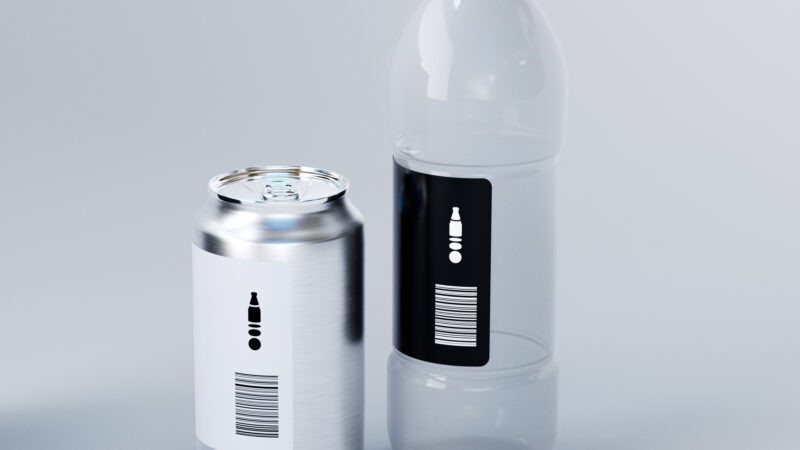New guidance launched for NI bakeries to help reduce sugar and salt in pancakes

Food and bakery manufacturers here will be issued with new guidance to reduce salt and sugar in pancakes.
The Food Standards Agency in Northern Ireland and College of Agriculture, Food and Rural Enterprise (CAFRE) have launched the guidance to help businesses produce pancakes which are lower in sugar and salt.
Forming part of the FSA’s Making Food Better programme, the move aims to contribute to a healthier food environment.
The focus on pancakes comes due to their popularity in Northern Ireland, (Mintel 2022, Bread and Baked Goods, Ireland), with the goal of reformulating this category and potentially reducing the intake of calories sugar and salt in the diet of consumers across the region.
“Through our Making Food Better programme, we have been working with the food industry to create healthier options, supporting businesses to reduce calories, saturated fat, sugar and salt in the food they produce, sell or serve,” said Daniel Sporule, FSA Senior Nutrition Policy Advisor, NI.
“Last year, in partnership with CAFRE, we launched guidance on ice cream reformulation which was very well received. Businesses embraced the opportunity to alter their recipes which enhanced consumer choice and promoted positive dietary changes.”
Having initially carrying out a sampling programme of pre-packed pancakes sold in retail outlets here, they determined portion sizes and nutritional composition.
With two pancake offerings available in terms of size: a standard pancake at 41g and a large pancake at 84g, the average sugar content for the pancakes sampled was 15.04g of sugar per 100g; while consumer analysis indicated that two 41g pancakes was considered to be a portion.
“We then considered the technical role of the ingredients, flour, raising agents, buttermilk, fats, salt, sugar and egg,” said Dr Emanuele Armaforte, Senior Technologist at CAFRE.
“Using a control recipe, we experimented with modifications and substituted ingredients to mimic the functionality of the original ingredients. We successfully created a new recipe with reduced sugar and salt content and taste tested it with consumers to make sure it met expectations – it was a winner!”
Reformulation support for food business owners is available via INVEST NI and CAFRE simply contact www.cafre.ac.uk/business-support/food/






